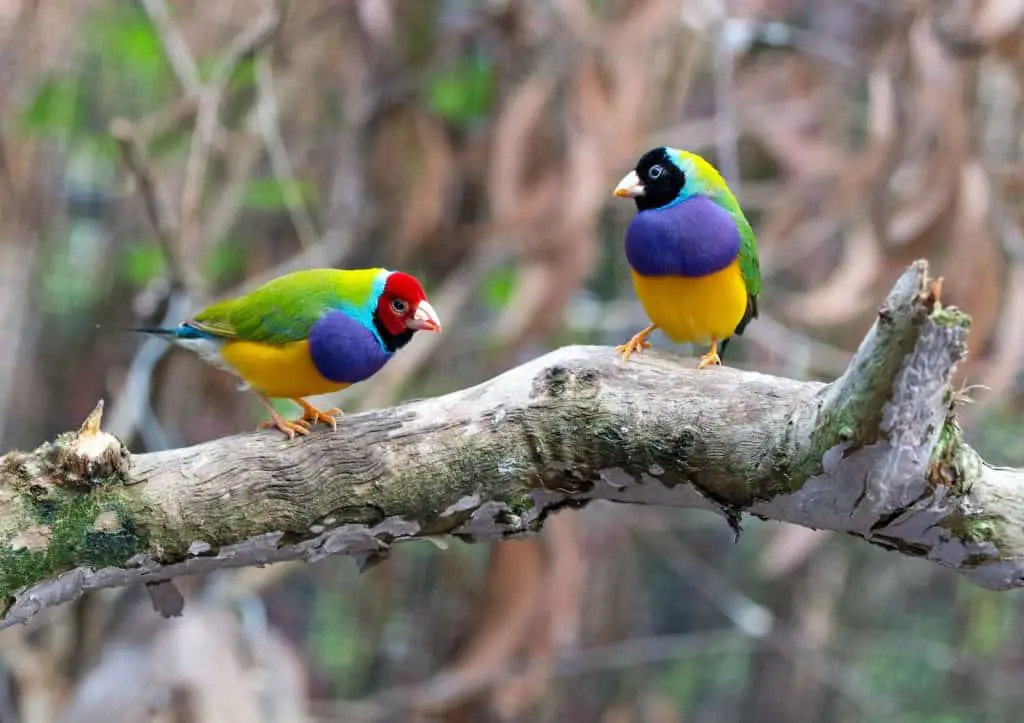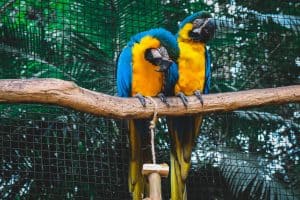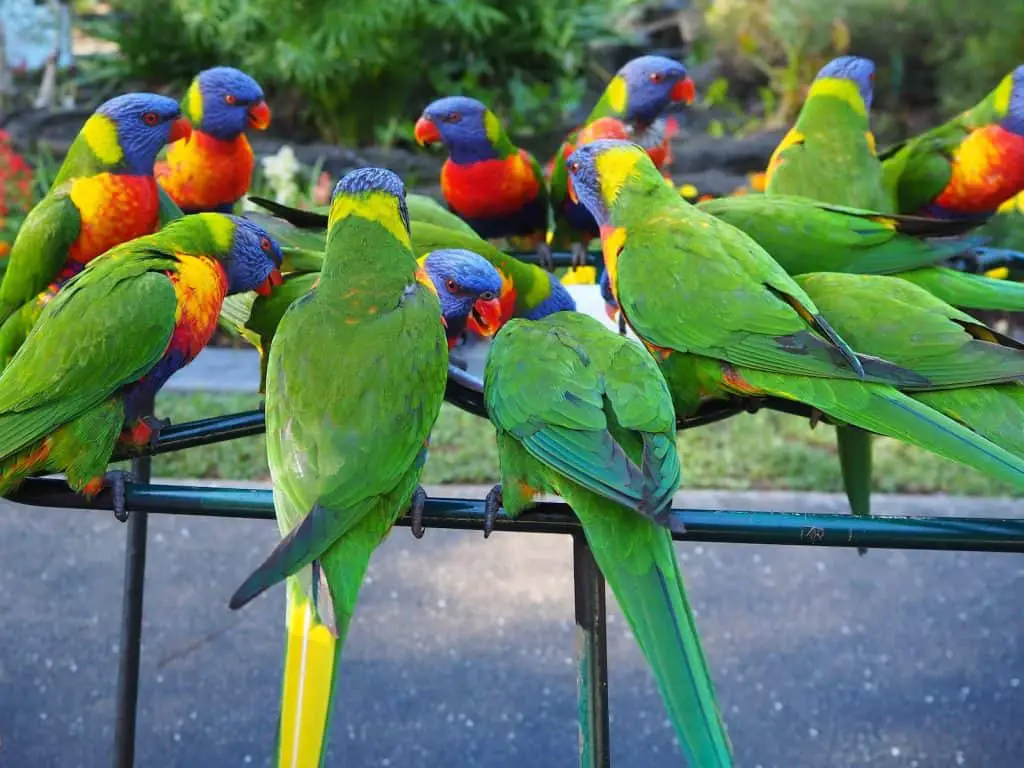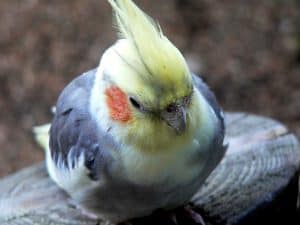As pet bird owners, we want to ensure the health and well-being of our feathered friends. One common question among bird enthusiasts is whether can birds catch human colds. In this blog post, we will explore the possibility of birds catching human colds, what symptoms to look out for, and how to protect our birds from illness.
Understanding the Human Cold
The common cold is a viral infection that affects the upper respiratory tract, causing symptoms such as a runny nose, sore throat, and coughing. According to the World Health Organization, the common cold is one of the most widespread illnesses globally, and it is easily transmitted from person to person through coughing, sneezing, or close contact.
Can Birds Catch Human Colds?
Birds, just like humans, can get sick. However, the question of whether birds can catch human colds is still a topic of debate among avian veterinarians. While birds are known to have an excellent immune system that protects them against certain diseases, they can still be susceptible to respiratory infections.
Scientific research has shown that pet birds, especially parrots, can be infected with the bacteria that causes human colds, known as Chlamydia psittaci. This bacterium is commonly found in pet birds and can cause respiratory infection and flu-like symptoms in infected birds.
There have been instances where pet birds have contracted human colds and showed symptoms such as coughing, runny nose, watery eyes, muscle aches, and a decrease in appetite. However, these instances are rare, and more research is needed to understand the extent to which birds can catch human colds.
Protecting Your Bird from Illness

While the risk of birds catching human colds is low, it is still essential to take precautions to protect our pet birds from illness. The best way to prevent the spread of human colds to birds is by practicing good hygiene. This includes washing our hands regularly, especially after handling birds or other pets, and avoiding close contact with infected birds or family members who are sick.
If you suspect that your bird is showing signs of illness, such as a decrease in appetite, a change in normal behavior, or flu-like symptoms, it is best to take them to an avian vet immediately. Early veterinary care can help to prevent the spread of disease and can also help to prevent further complications.
Importance of monitoring your bird’s health and providing proper care
It is essential to monitor your bird’s health and provide proper care, including good nutrition, mental stimulation, and adequate exercise. This will help to strengthen their immune system and protect them from disease.
Common signs and symptoms
Here are some common signs and symptoms of respiratory infections in birds:

-Coughing
-Wheezing
-Nasal discharge
-Lethargy
-Decreased appetite
There are other respiratory diseases that can affect birds, such as avian influenza and psittacosis. If you suspect your bird is showing any of the symptoms mentioned above, it is best to take them to an avian vet for diagnosis and treatment.
How do parrots catch colds?

Parrots can catch colds the same way humans do: through contact with an infected bird or person. It is important to practice good hygiene and avoid close contact with other birds or people who are sick. Additionally, ensure you provide adequate nutrition and mental stimulation for your parrot to help strengthen their immune system.
Other pet birds, such as canaries and finches, are also susceptible to colds. To prevent the spread of disease to these birds, it is important to practice good hygiene and keep your pet birds away from people or other animals that may have an infection.
Conclusion: Can birds catch human colds?
Birds are known to have an excellent immune system, but they can still be susceptible to respiratory infections and bacterial infections, including Chlamydia psittaci. It is essential to take precautions, such as practicing good hygiene and avoiding close contact with infected birds or family members who are sick, to protect our pet birds from illness. If you suspect that your bird is sick, it is best to take them to an avian vet immediately to receive proper veterinary care.



